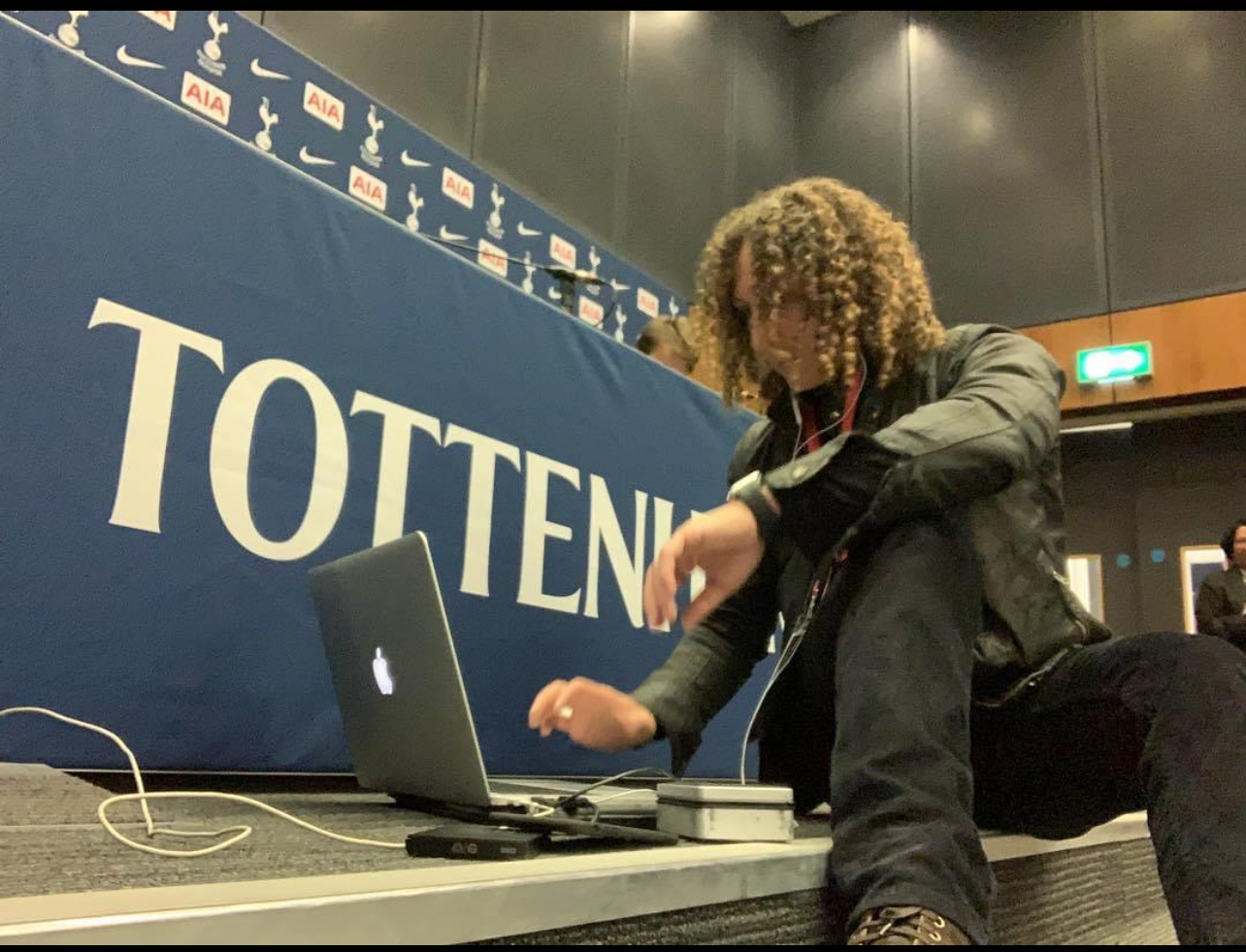The Same Story, Different Season
Tottenham’s 2-1 loss to Aston Villa in the FA Cup wasn’t a shock—it was a reflection of deeper issues at the club. Villa, strengthened by new winter signings, looked sharp and disciplined, while Spurs collapsed under pressure.
After the defeat, Ange Postecoglou suggested there might be an agenda to get him sacked, implying that criticism of his tactics and results was overblown. But let’s be honest—football doesn’t work like that. There’s no conspiracy. The reality is simple: a manager is only as good as his results.
Results, Not Agendas, Define a Manager
Football is a results-driven business. It doesn’t matter how attractive your style of play is or how well you communicate your vision—if you’re not winning, pressure builds.
🔹 Antonio Conte was sacked after publicly calling out the club’s issues—because results slipped.
🔹 José Mourinho, a proven winner, was sacked just before a cup final.
🔹 Even Mauricio Pochettino, who took Spurs to a Champions League final, was let go when the team declined.
Postecoglou is not immune to the same standards. Right now, Tottenham are:
❌ Out of the FA Cup
❌ Out of the Carabao Cup
❌ Falling behind in the Premier League, currently sitting 5th
✅ Competing in the Europa League—but that’s not an excuse for domestic failures.
For a club desperate for silverware, this is simply not good enough.
Injuries Are Real—But They’re Not an Excuse
Yes, Tottenham have been hit with injuries to key players—James Maddison, Micky van de Ven, and more. But injuries happen to every top club. The difference is how you plan for them.
Look around the league:
- Manchester City lost De Bruyne for months—but their squad depth kept them on track.
- Arsenal lost Saliba last season and still fought for the title.
- Aston Villa, the team that just knocked Spurs out, invested in squad depth during the January window.
Tottenham, however, collapsed without their key players. Why? Because they don’t have a squad built to handle setbacks.
Poor Squad Planning Is the Real Problem
A serious club has:
✅ Quality replacements – Backups who can step in and maintain standards.
✅ Tactical flexibility – A plan B when key players are missing.
✅ Smart recruitment – Signings made for depth, not just starting XI.
Tottenham have none of that. When Maddison got injured, the team lost all creativity. Without Van de Ven, the defense crumbled under pressure.
And what did they do in January? Nothing. While their rivals reinforced, Tottenham stood still. This isn’t about Postecoglou—it’s about a long-term failure to build a complete squad.
Postecoglou’s Stubbornness Isn’t Helping
Ange’s attacking philosophy has brought excitement back to Spurs. But when things go wrong, sticking blindly to the same approach is reckless.
Great managers adapt to the players they have. Postecoglou, so far, hasn’t. His refusal to adjust tactics when injuries hit has cost Spurs dearly.
But let’s be clear: The deeper issue isn’t Ange—it’s the club’s broken structure.
Tottenham’s True Problem: The Levy and ENIC Era
Postecoglou says there’s an agenda against him, but the only real agenda at Tottenham is profit over trophies.
Under Daniel Levy and ENIC, Tottenham have:
✅ Built a world-class stadium.
✅ Increased commercial revenue.
❌ Won just one trophy (League Cup 2008) in over two decades.
They run Tottenham like a business, not a football club. They hesitate in transfer markets, prioritise financial security over ambition, and ignore the squad’s weaknesses until it’s too late.
This isn’t a manager problem—it’s a Tottenham problem.
A Club Without Ambition Needs New Ownership
Tottenham’s cycle is painfully familiar:
- Hire a new manager with a fresh vision.
- Start well but fail to back him in the transfer market.
- Collapse when injuries hit or form dips.
- Sack the manager.
- Repeat.
Until Tottenham break this cycle, nothing will change. And the only way to break it is with a new owner—one who wants trophies, not just profits.
Just look at Chelsea under Roman Abramovich: His sole obsession was winning. As a result, Chelsea became a footballing powerhouse. Tottenham, under Levy and ENIC, have become a ‘nearly’ club—always close, never there.
Final Thoughts: No More Excuses—Tottenham Needs Change
Ange Postecoglou says there’s an agenda against him, but in football, the only agenda that matters is winning.
Spurs’ problems go far beyond the manager. Injuries aren’t an excuse—because top clubs plan for them. Poor results aren’t an accident—they’re a consequence of years of bad planning.
The harsh truth? Tottenham’s ceiling isn’t Ange Postecoglou. It’s Daniel Levy and ENIC.
Until that changes, Spurs fans will continue watching the same story—new managers, new players, same failures.


Leave a Reply